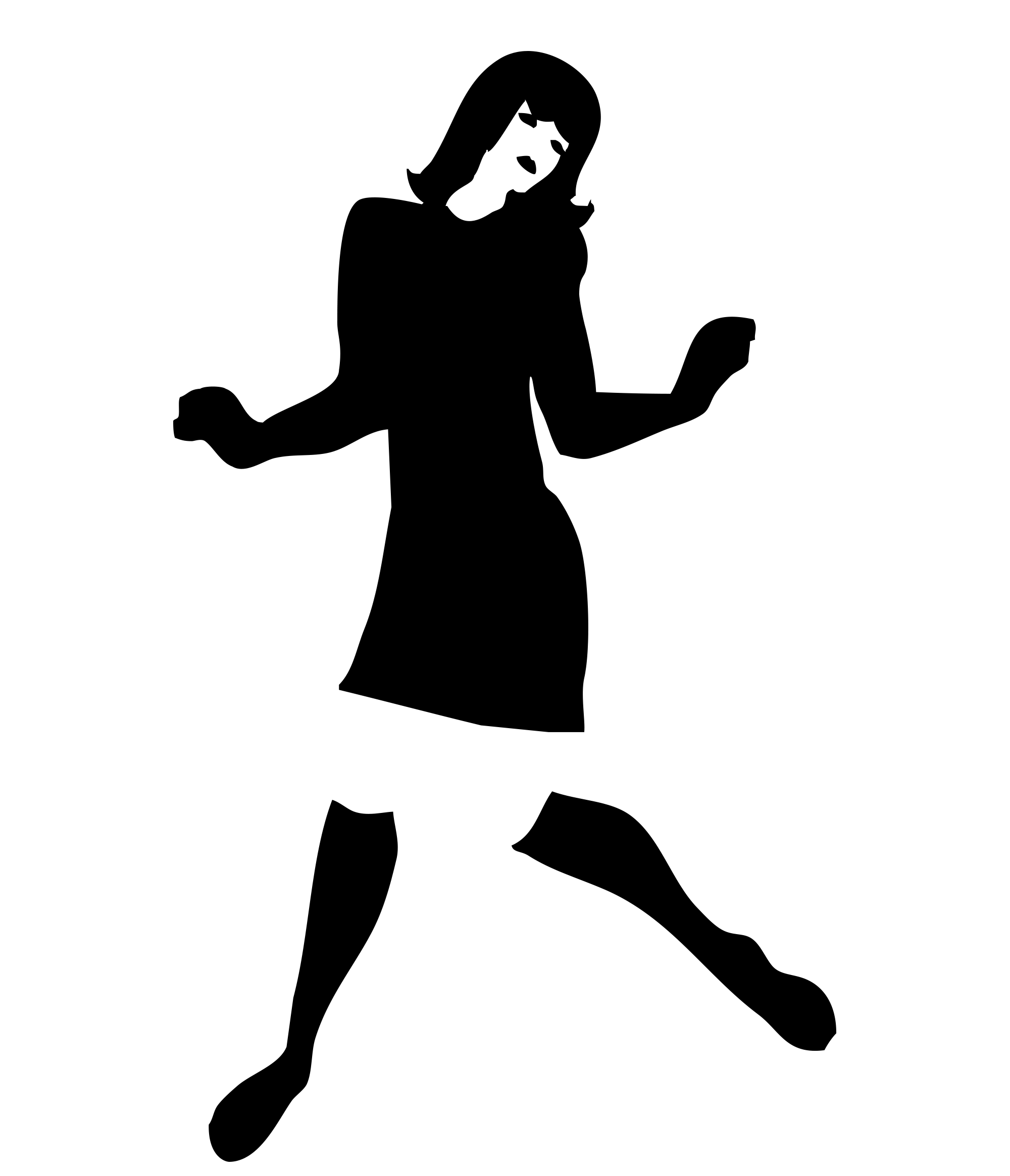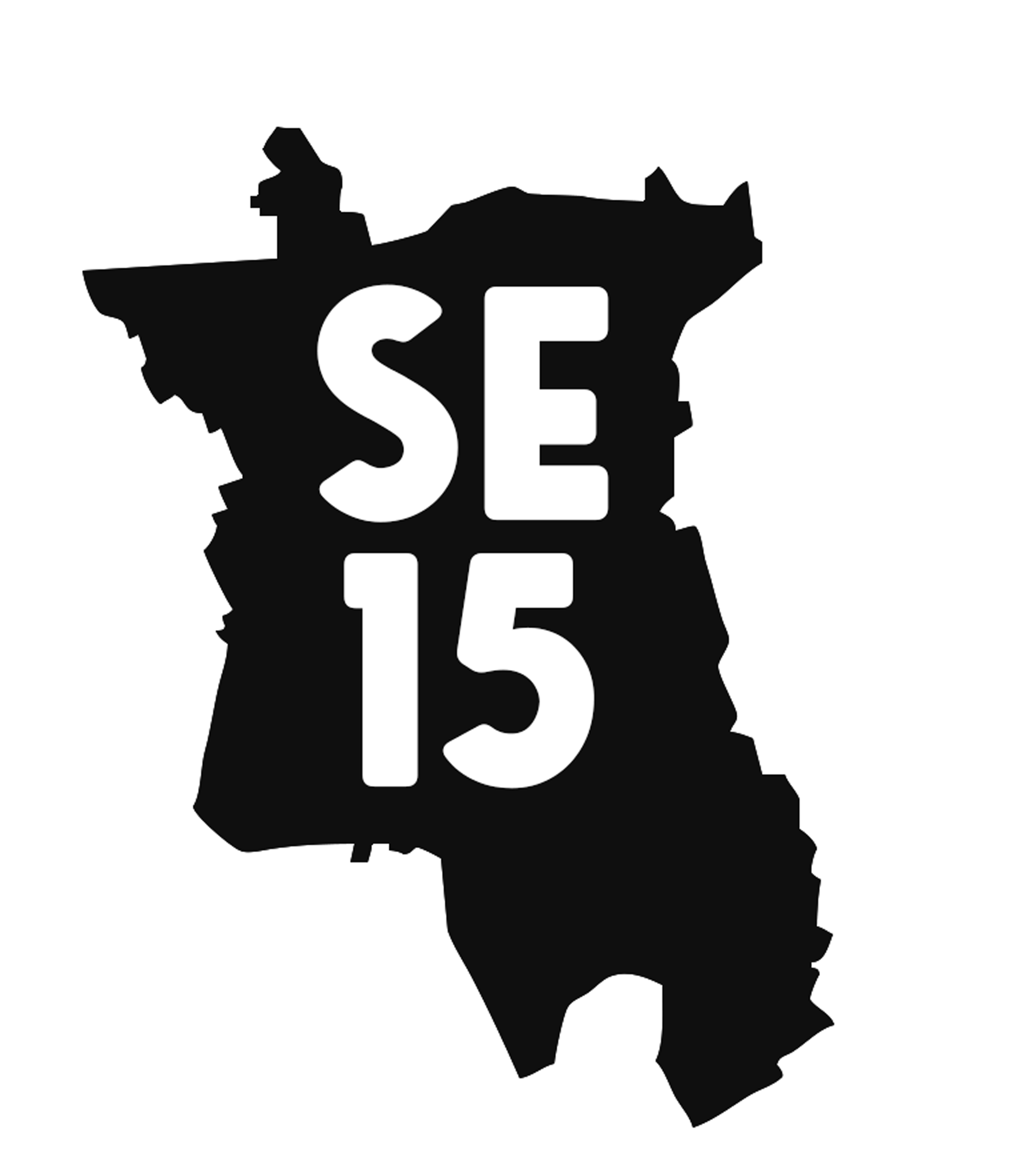Heavenly Sweetness
Catalogue No: HS219VL
Following the 2016 release of "Ethiopian hit parade vol.1", Francis Falceto, founder of the Ethiopian series and Heavenly Sweetness continue their work of reissuing the Ethiopian hit parade series on vinyl. These are very rare vinyls, published at the time in only 300 or 400 copies.
After releasing about fifty singles and his first LP (Ethiopian Modern Instrumental Hits AELP 10), the late Amha Eshèté, who passed away this year, undertook in 1972 to collect his best productions released on singles in a series of albums that have become mythical (and unobtainable in original). The first four volumes of Ethiopian Hit Parade were released in September and October 1972, and the fifth in January 1973. The one you have in your hands is volume 2.
1. GETACHEW KASSA "Tezeta (slow+fast)"
This double version of "Tezeta", by its success and the controversy it fuelled between outraged conservatives and the young pop guard, stands as a symbol of pre-revolutionary Ethiopia - light music trend. Its fast part is very representative of the upheaval in Ethiopian society: Gétatchèw Kassa gives a version that is totally contrary to tradition, but so much in the tone adopted by the young Ethiopian anti-conformists of 1972. This "Tezeta" was, moreover, Ethiopia's biggest recording success - around 5,000 copies, whereas the big hits had a ceiling of 2 or 3,000 copies, and the small hits a few hundred.
2.MULATU ASTATKE "Munayé”
In the Ethiopian musical landscape, Mulatu Astatqé is a personality totally apart, atypical, unique in his genre. Musician, arranger, composer, innovator, mover and shaker, his true uniqueness certainly lies in his action for instrumental music, which is not an Ethiopian tradition.
This title "Munayé" is in fact the title that opens the album "Ethiopian modern instrumental hits". He is joined on piano by Girma Bèyènè, Testa Maryam Kidané on tenor sax and Andrew Wilson on guitar, Ivo on bass, Tesfayé "hodo" Mékonnen and Girma Zémaryam on drums, and the strings are undoubtedly those of the Police String Orchestra.
3. TESHOME METEKU "Yezemed yebaed" & "Mote adeladayou"
Tèshomè Meteku was something of a meteor. Brother of saxophonist Téwodros Meteku, he recorded only four songs, four exceptional jewels, before leaving for Sweden to continue his studies. He is surely one of the voices that best matched Mulatu Astatqé's arrangements.
4. ABAYNEH DEDJENE "Balendjèrié
5 & 7. ALEMAYEHU ESHETE "Alteleyeshigneme" & "Temhert bété"
Along with Mahmoud and Tlahoun Gèssèssè, Alèmayèhu Eshèté is one of the most prolific singers in the Ethiopian discography. A leading vocalist with the Police Orchestra since 1960, he was one of the first artists to leave the institution to join the young guard of independent orchestras, such as the Soul Ekos, or the Alem-Girma band which he founded with the pianist and arranger Girma Bèyènè. Often referred to as James Brown or the Ethiopian Elvis for his looks and stage presence, as well as for his music, Alèmayèhu has long symbolised modernist Ethiopia, enamoured of Rhythm and Blues and Soul music, without abandoning the roots that are so unique to the thousand-year-old Abyssinian nation.
6. MENELIK WOSSENACHEW "Belew bedubaye »
9. ESSATU TESSEMMA and SEYFU YOHANNES "Fikir bekumena »
Like Tlahoun Gèssèssè and Abaynèh Dèdjèné, Essatu Tessemma was also a singer attached to the Imperial Body Guard Band, until the 1974 revolution. A native of Soddo Wélayta, he died in the mid-1990s.
Unfortunately, Sèyfou Yohannes has left us very few traces (only 6 tracks recorded on vinyl). Born in 1946, he died in the early 1970s before reaching his thirties. A pioneer among independent singers, Sèyfou Yohannes sang in particular with The Soul Ekos, a model of the non-institutional band, very open to Afro-American music and produced by Amha Eshèté.
10. MULUKEN MELESSE "Enbayén terègiw"
A precocious phenomenon, Muluqèn Mèlèssè was 13 years old when he began his singing career in 1966. Like many vocalists of his time, he started out in the various police bands before singing with the first non-institutional groups or those formed by club owners.
This singer will be the subject of the next volume (31) in the Ethiopian series.











